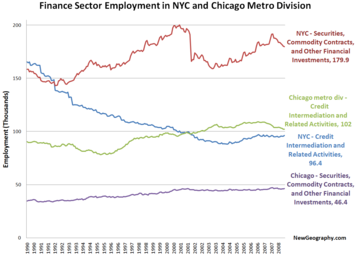This recent article in the San Francisco Chronicle discusses how politicians in the city are trying to stem the flight of blacks from the city - who now only make up 6.5 percent of the city's population (it was 13.4 percent in 1970).
There are two problems with this article. One is it fails to contextualize the pattern of black migration in America. As this report from William Frey of the Brookings Institute points out, black population growth is shifting to the South and to newer communities in the West with a lower cost of living. If you look at a map of California in Frey's report, you'll see 25 percent population growth of blacks in some suburban communities.
Secondly, the article doesn't link this occurrence to current economic trends in San Francisco. The city is increasingly becoming a haven for the very wealthy which is pushing out the middle and lower earners - and blacks in the city are more likely to fall into this income bracket.
Finally, albeit a small reason, Section 8 vouchers are moving some working class blacks to the suburbs.
If you read the Chronicle article, it sounds like the City is being very antagonistic towards the black community. Perhaps it is in an inadvertent economic way. I think that perhaps the bigger culprit is that the city is not hospitable to the middle class and families any longer. And secondly, college-educated and affluent blacks are choosing to live in cities like Atlanta where there is a higher concentration of black professionals and business and cultural centers.













